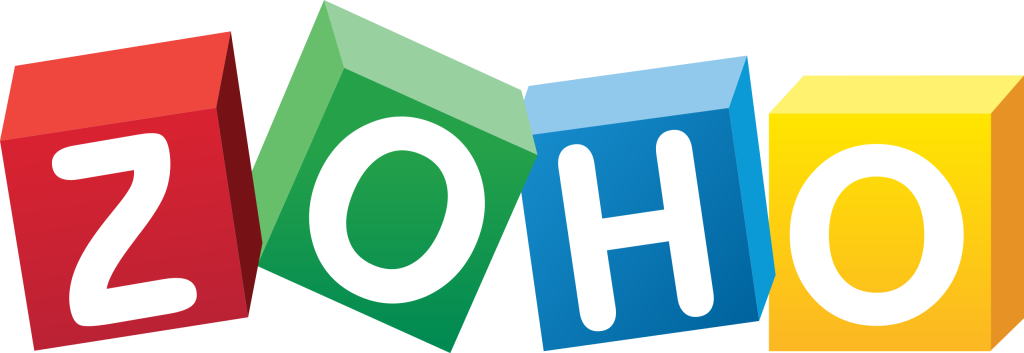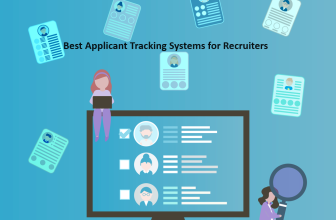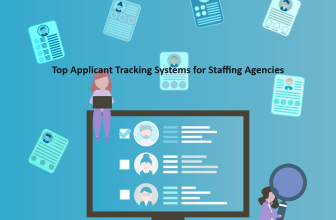A construction-specific CRM system caters to the unique requirements of contractors and construction companies, ensuring that they manage their customer relationships, projects, and potential leads effectively. These platforms often integrate sales, marketing, proposal management, and job scheduling functionalities specifically tailored to the demands of the construction sector.
With the market offering a variety of options, each with different features and pricing models, construction companies must compare and evaluate these tools to find the best fit for their business. Aspects such as user satisfaction, ease of use, customizability, and scalability are crucial in choosing a construction CRM that can adapt to the dynamic nature of construction projects and the evolving needs of a growing business.
What we cover
Benefits of Using CRM Software for Construction
The introduction of CRM systems into the construction industry offers a range of advantages:
- Enhanced Efficiency: Through automation of routine tasks, CRM software significantly reduces the time spent on administrative duties, allowing teams to focus on the actual construction work.
- Streamlined Sales Process: CRM tools help maintain an organized sales pipeline, tracking leads, bids, and ongoing negotiations in one centralized platform. This improves the ability to close deals and grow revenues.
- Improved Project Management: Construction managers can oversee all aspects of a project within the CRM, from initial planning to final delivery, ensuring that quality standards are met and deadlines are honored within budget.
- Fostered Collaboration: By keeping contact management details and communication logs in one place, CRMs facilitate better collaboration among teams, subcontractors, and clients, which is crucial for successful construction management.
- Robust Contact Management: CRMs provide a structured database to manage contact details, making relationship building with clients and partners more strategic and data-driven.
General Pricing of CRM Software for Construction
Construction CRM software varies in price, influenced by factors like feature sets, user capacity, and customization options. Companies typically offer multiple pricing tiers to accommodate different budgets and requirements. It’s important for contractors to consider not only the initial cost but also the long-term investment and value provided by these systems.
Starting Price: Some CRM platforms for construction start with a basic pricing tier which can range from as low as $10 per user per month. This usually covers fundamental features suitable for small businesses.
Mid-Range Tier: For mid-sized companies, CRMs may offer enhanced functionality with prices that can range from $50 to $100 per user per month. This tier generally includes advanced features such as project management integration and more comprehensive customer support.
Premium Tier: Large construction companies may require a premium offering which can extend beyond $100 per user per month. These plans often come with extensive customization, in-depth analytics, and dedicated account management.
Features to Look for in CRM Software for Construction
When selecting the best CRM software for construction, it is crucial to opt for a system that can streamline operations and enhance the customer experience. The following are key features to consider:
- Project Management Integration: Integrating CRM with project management capabilities is essential in the construction industry because it allows for seamless communication between sales, client management, and the operational side of construction projects. It enables the tracking of project progress, budget management, scheduling, and resource allocation directly within the CRM platform, facilitating better decision-making and enhancing customer satisfaction by keeping clients informed about the status of their projects.
- Customization and Scalability: The ability to customize and scale the CRM software is crucial due to construction projects’ diverse nature and scale. Construction companies vary in size, specialty, and the types of projects they handle, from residential to commercial and industrial. Scalability ensures that as the company grows or as project demands change, the CRM can adapt, add, or modify features without requiring a complete software change.
- Client Communication and Documentation: A CRM solution for construction should offer robust tools for tracking all client interactions, including emails, calls, meetings, and document exchanges. This feature ensures that every team member can access up-to-date communication logs and project documentation, such as contracts, change orders, and plans, reducing misunderstandings and errors. It also enhances customer service by providing quick responses to client queries and keeping them informed about project developments.
- Mobile Accessibility: The nature of construction work often requires professionals to be on-site or on the move, making mobile accessibility a key feature for a construction CRM. A mobile-friendly CRM enables sales representatives, project managers, and other team members to access and update client information, project details, schedules, and documents from anywhere, at any time. This accessibility improves real-time communication and decision-making, allows for the immediate capture and sharing of on-site information, and enhances overall productivity and customer service.
- Integration with Other Software: A CRM that integrates well with other software used by the company can significantly improve efficiency and data accuracy. This integration eliminates the need to manually transfer information between systems, reducing the risk of errors and saving time. It ensures a unified view of each customer and project, from financials and bids to project progress and post-construction services, streamlining operations and providing a holistic approach to managing construction projects and client relationships.
Top Recommendations
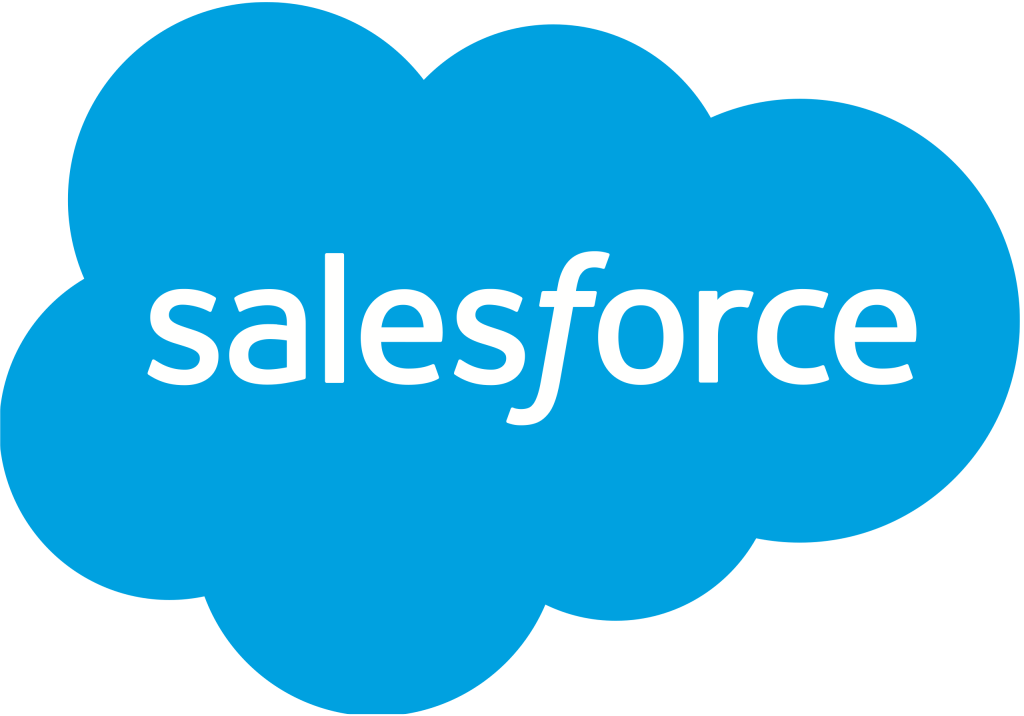
Salesforce is a leading cloud-based CRM platform that empowers businesses to enhance customer relationships and drive growth.
Best CRM Software for Construction
The landscape of CRM software in the construction industry is diverse, with options ranging from specialized solutions designed for subcontractors and general contractors to versatile platforms that serve a broader range of businesses. Key selecting factors include ease of use, specific features such as bid management and job scheduling, and integration capabilities with other tools.
Best CRM Software for Construction (At a Glance)
| Software | Focus Area | Key Features | Best For |
|---|---|---|---|
| FollowUp Power | Construction Sales Management | Pipeline management, sales automation, analytics | Construction businesses looking to drive sales growth |
| AccuLynx | Roofing Contractors | Project management, customer management, detailed reporting | Roofing and specialty contractors |
| Unanet CRM by Cosential | AEC Sectors | Opportunity management, proposal automation, client interactions | Architecture, engineering, and construction firms |
| Buildertrend | Construction Management | Project scheduling, financial management, customer portal | Home builders, remodelers, and specialty contractors |
| CoConstruct | Custom Home Builders & Remodelers | Project, client, and financial management in one | Custom home builders and remodelers focusing on client interaction |
| Procore | Construction Project Management | Project tracking, document management, financials | Construction firms needing comprehensive project management |
| Dynamics 365 by Microsoft | General Business CRM with Industry Applications | Integration with Microsoft products, comprehensive CRM features | Businesses seeking integration with other Microsoft applications |
| Pipedrive | Sales Pipeline Management | Visual sales pipeline, email integration, activity reminders | Sales teams needing a straightforward, effective CRM tool |
| HubSpot CRM | Sales & Marketing Automation | Lead and pipeline management, marketing automation, analytics | Small to medium businesses looking for free CRM with scaling capabilities |
| Zoho CRM | Business Automation & Process Management | Automation, process management, omnichannel communication | Businesses of all sizes seeking strong automation and customization |
| Salesforce | Customizable CRM Solutions | Customizability, comprehensive suite, integration capabilities | Businesses of all sizes needing a customizable and scalable CRM solution |
1. FollowUp Power
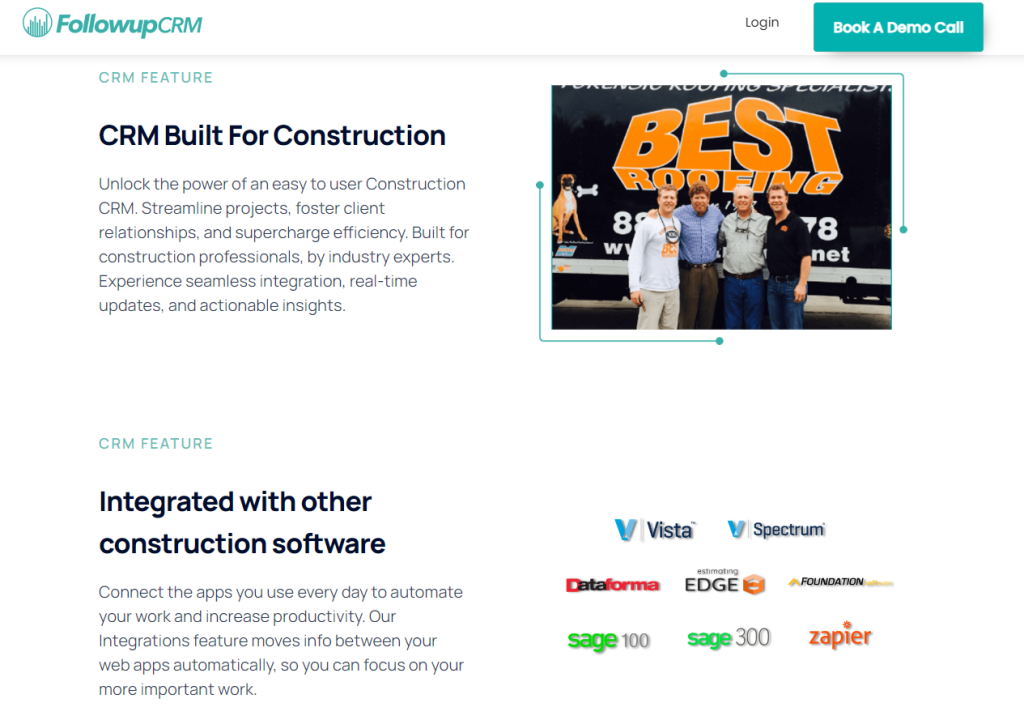
Key Features:
- Bid tracking
- Sales management modules
- Robust integrations
Rating: 4.2/5
Pros:
- Tailored for roofing and siding contractors
- Streamlined activity dashboard
- Efficient calendar management
Cons:
- Less suitable for general construction management
- Potentially steep learning curve for some users
- Limited customization options
Pricing: Starts at $50/user/month
FollowUp Power is a CRM and sales management platform designed specifically for the construction industry. It emphasizes pipeline management, sales automation, and analytics, providing construction businesses with the tools they need to drive sales growth.
Its focused approach on the construction sector allows users to tailor their sales strategies to the unique demands of construction projects and client management. The software’s robust tracking and reporting capabilities enable businesses to monitor sales activities, forecast accurately, and identify opportunities for improvement.
Verdict: FollowUp Power is particularly suited for construction businesses looking to streamline their sales processes and enhance their sales team’s productivity.
Check out FollowUp Power here!
2. AccuLynx
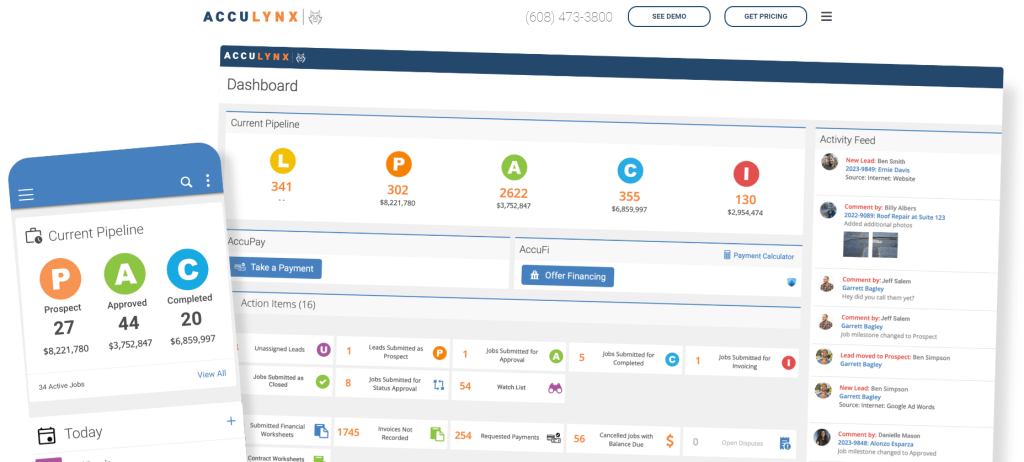
Key Features:
- Intuitive user interface
- Project management features
- Powerful customer service tools
Rating: 4.5/5
Pros:
- Excellent for roofers and exterior contractors
- Comprehensive job scheduling
- Centralized database for project information
Cons:
- Not the best fit for non-roofing trades
- Limited financial management modules
- Pricing can be high for smaller companies
Pricing: Custom pricing based on company’s needs
AccuLynx stands out as the premier CRM and project management software for roofing contractors and specialty construction firms. It offers comprehensive features for project management, customer management, and detailed reporting.
AccuLynx facilitates seamless communication between sales teams, project managers, and clients, ensuring that everyone is informed and aligned throughout the project lifecycle.
Its ability to manage documents, track materials, and simplify the estimation process makes it an invaluable tool for roofing businesses aiming to improve efficiency and customer satisfaction.
AccuLynx’s industry-specific focus and user-friendly interface contribute to its status as one of the best CRM solutions for roofing contractors.
Verdict: AccuLynx excels in project oversight and customer relations, becoming a go-to for contractors who prioritize client engagement and job coordination.
3. Unanet CRM by Cosential
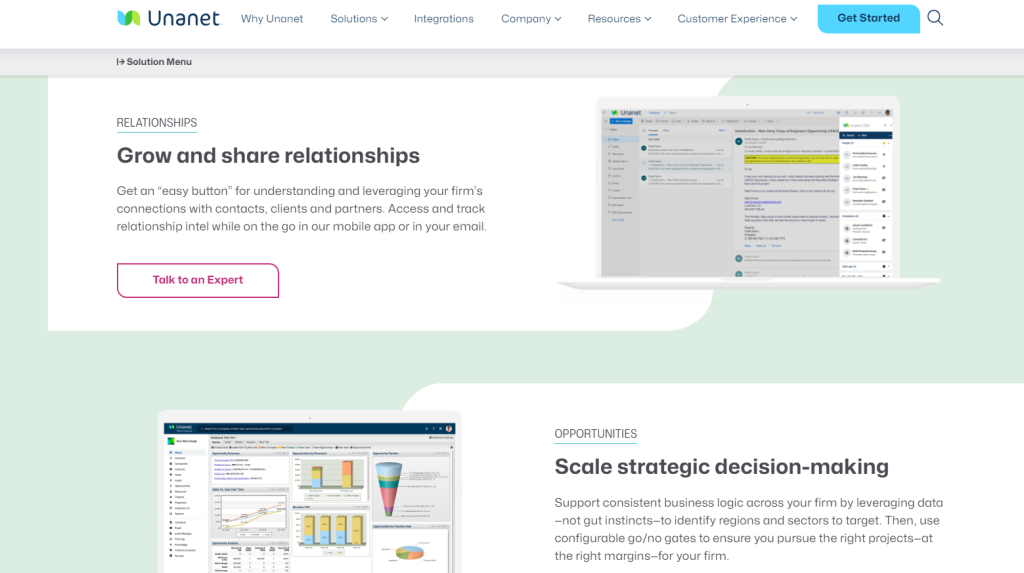
Key Features:
- Bid and proposal management
- Contact and lead management
- Rich reporting and forecasting
Rating: 4.0/5
Pros:
- Well-suited for architecture and engineering firms
- Easy to customize and scale
- Strong focus on business development
Cons:
- Might be complex for smaller firms
- User interface is not the most intuitive
- Some users report minor issues with data synchronization
Pricing: Around $100/user/month
Unanet CRM by Cosential is tailor-made for the architecture, engineering, and construction (AEC) sectors, offering a powerful combination of CRM and proposal automation tools. It excels in managing opportunities, proposals, and client interactions, making it an essential tool for firms looking to streamline their business development processes.
Unanet’s deep understanding of the AEC industry’s needs allows it to provide features that facilitate the management of complex projects and client relationships.
Its capabilities in data management, customized reporting, and integration with other software make Unanet a standout choice for AEC firms aiming for growth and efficiency.
Verdict: Unanet CRM by Cosential stands out for architects and engineers, thanks to its strong emphasis on business development and robust reporting capabilities.
Check out Unanet CRM by Cosential here!
4. Buildertrend
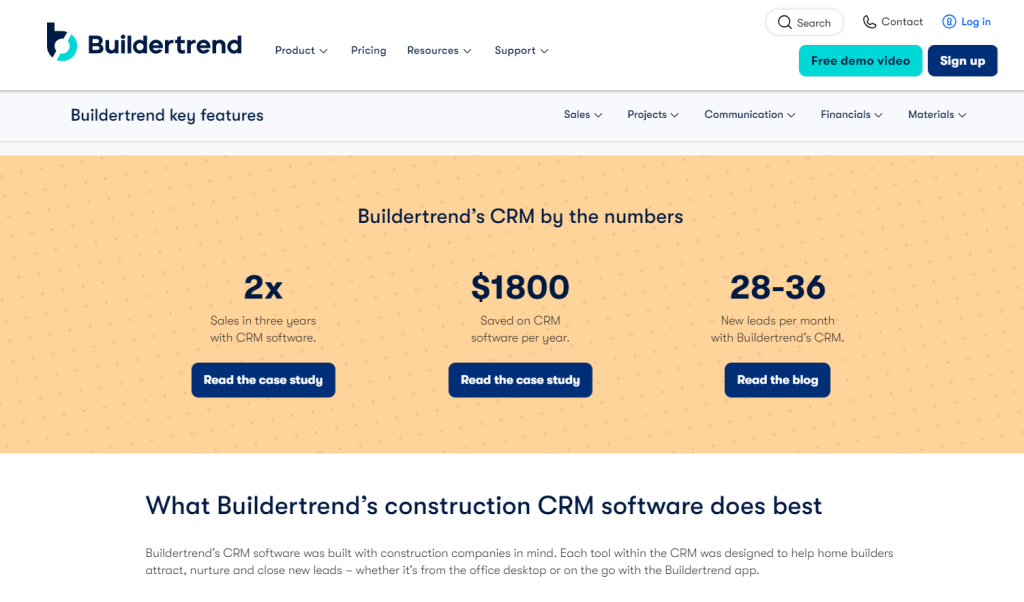
Key Features:
- Project scheduling and management
- Customer relationship management
- Unlimited users per account
Rating: 4.6/5
Pros:
- Comprehensive platform suitable for builders and remodelers
- Feature-rich mobile app
- Collaborative environment for all stakeholders
Cons:
- Slightly higher learning curve due to numerous features
- Some users desire more customization in reporting
- The detailed functionality can be overwhelming for new users
Pricing: Core plan starts at $99/month, Pro plan at $299/month
Buildertrend is a comprehensive construction management software that includes CRM capabilities tailored for home builders, remodelers, and specialty contractors. It offers project scheduling, financial management, and a customer portal, which enhances transparency and communication with clients.
Buildertrend’s all-in-one platform simplifies the management of construction projects from start to finish, integrating customer management with project management, scheduling, and financials.
Its user-friendly interface and mobile app accessibility make it convenient for teams on and off the field. For construction businesses looking for a robust solution to manage projects and maintain strong customer relationships, Buildertrend is a top choice.
Verdict: Buildertrend is a well-rounded solution offering extensive project management and CRM tools, capturing the essence of what builders and remodelers seek for operational success.
5. CoConstruct
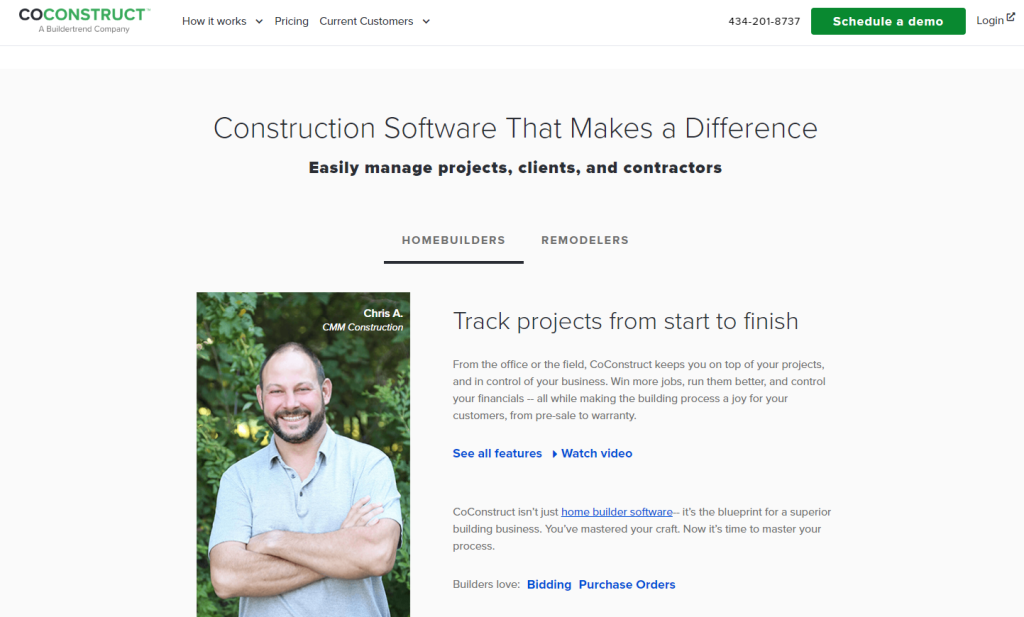
Key Features:
- Job costing and budgeting
- Customizable templates for consistent processes
- Client and subcontractor portals
Rating: 4.4/5
Pros:
- Optimal for custom builders and remodelers
- Streamlines communication with clients and subs
- All-in-one solution for various construction management needs
Cons:
- Reporting can sometimes be less detailed than some users require
- Initial setup requires time investment
- Mobile app features are not as comprehensive as the desktop version
Pricing: Starting at $99/month for base functionality
CoConstruct is designed with custom home builders and remodelers in mind, offering a unified platform for project, client, and financial management. It excels in facilitating client communication, customizing project specifications, and managing financials in one integrated system.
CoConstruct’s focus on enhancing client interaction makes it unique, providing tools that enable builders to offer transparent, real-time updates and changes.
Its comprehensive features support all phases of a construction project, from initial client inquiries to final billing, making it ideal for businesses focused on delivering personalized construction experiences.
Verdict: CoConstruct fits custom home builders and remodelers who benefit from deep customization, ensuring project efficiency with its robust toolset.
6. Procore
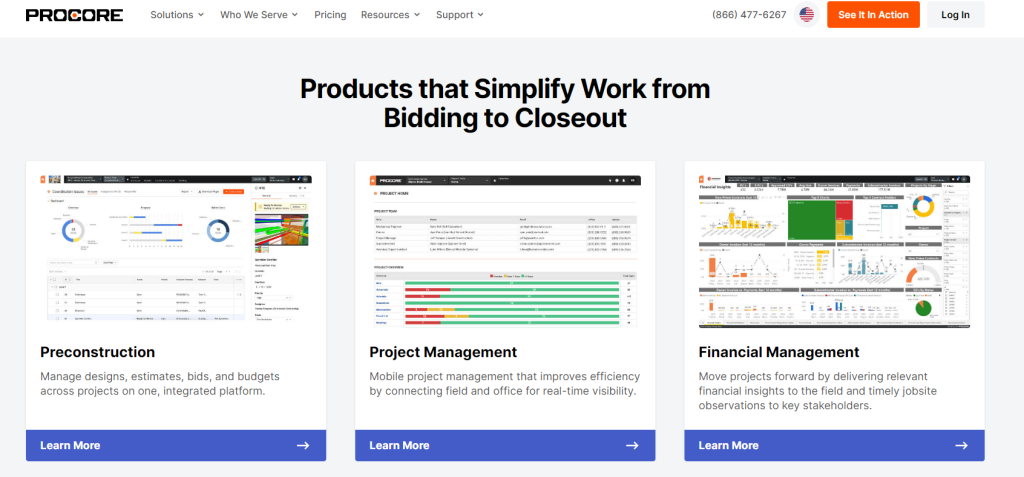
Key Features:
- Comprehensive project management
- Real-time data and analytics
- Extensive marketplace of integrations
Rating: 4.7/5
Pros:
- Designed for general contractors and construction firms
- Collaborative interface facilitates stakeholder engagement
- Offers powerful tools for managing the project lifecycle
Cons:
- Cost may be prohibitive for smaller firms
- Some features may be excessive for those requiring a simpler solution
- Implementation can be complex, requiring dedicated support
Pricing: Custom pricing, depending on the scope and needs of the business
Procore is a leading construction project management software that extends its capabilities to CRM functionalities. It is known for its project tracking, document management, and financials features. Its platform is designed to connect all project stakeholders, facilitating seamless collaboration and communication.
Its strength lies in its ability to manage large-scale construction projects efficiently, ensuring that project timelines, budgets, and quality standards are met.
Procore’s comprehensive suite of tools and its dedication to improving construction project management processes make it a valuable asset for construction firms of all sizes.
Verdict: Procore is distinguished by its capability to manage all phases of construction, making it a leading choice for large-scale contractors needing an all-encompassing CRM.
7. Dynamics 365 by Microsoft
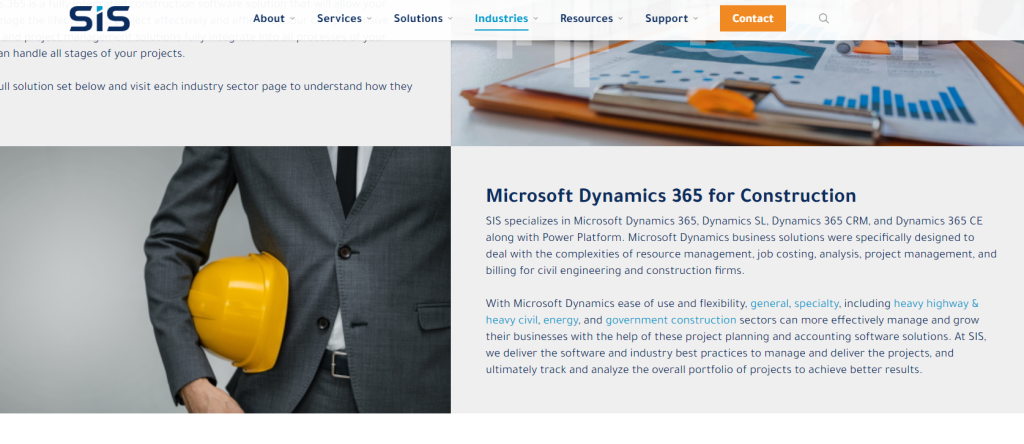
Key Features:
- Integration with other Microsoft products
- AI-driven insights
- Flexible and customizable module approach
Rating: 4.3/5
Pros:
- Highly scalable for companies of all sizes
- Powerful analytics features
- Robust automation capabilities
Cons:
- Can become expensive with additional modules and customizations
- May require a dedicated administrator for complex setups
- Higher-end features may be overkill for some construction firms
Pricing: Varies greatly depending on modules chosen, starting from $65/user/month
Dynamics 365 by Microsoft is a versatile CRM solution that offers a range of business applications, including functionalities tailored for the construction industry. Its integration with other Microsoft products enhances productivity and collaboration across teams.
Dynamics 365 provides comprehensive CRM features such as sales management, customer service, and marketing automation, which can be customized for the construction sector’s specific needs.
Its ability to scale and adapt to various business processes, combined with the power of AI and data analytics, makes Dynamics 365 a potent tool for construction businesses aiming for digital transformation.
Verdict: Dynamics 365 supports large construction firms looking for a CRM deeply integrated with the Microsoft ecosystem and advanced analytics.
8. Pipedrive
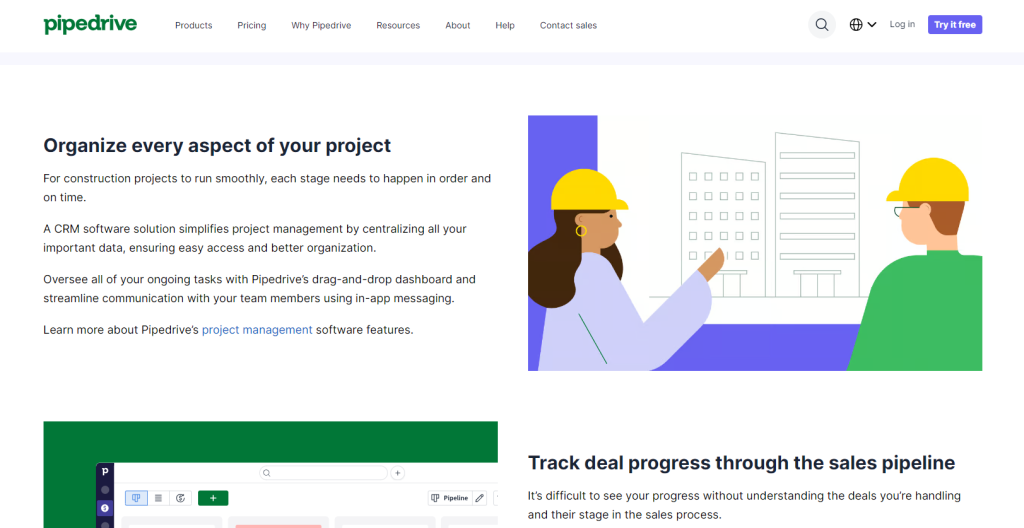
Key Features:
- Visual sales pipeline management
- Activity and goal tracking
- Easy integration with third-party apps
Rating: 4.5/5
Pros:
- User-friendly interface encourages quick adoption
- Customizable pipeline stages to suit various sales processes
- Affordable for small to mid-sized businesses
Cons:
- Not specifically tailored for construction industry needs
- Limited depth in project management features
- Basic reporting functionalities compared to competitors
Pricing: Starts at $12.50/user/month billed annually
Pipedrive is a CRM platform that focuses on sales pipeline management. Its intuitive design and visual sales pipeline make it easy for sales teams to manage deals and track communication with clients effectively.
Pipedrive’s simplicity does not compromise its power; it offers robust features for email integration, activity reminders, and automation, helping sales teams to focus on actions that close deals.
Its suitability for construction businesses lies in its ability to streamline sales processes, improve lead management, and provide insights into sales performance, making it an excellent tool for sales-driven construction companies.
Verdict: Pipedrive is advantageous for firms that require a straightforward CRM to track deals and sales activities without the complexity of industry-specific features.
9. HubSpot CRM
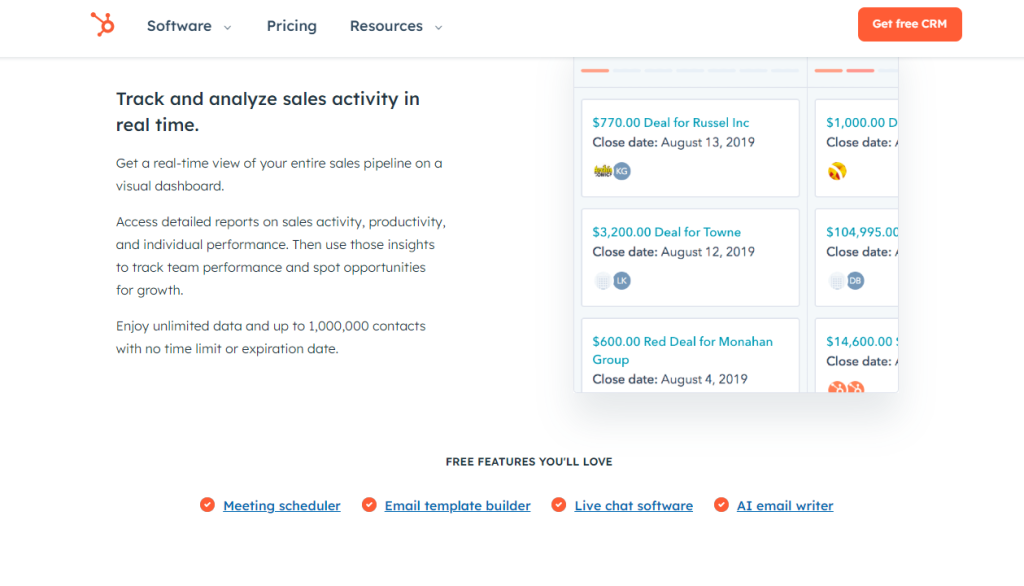
Key Features:
- Marketing automation tools
- Sales and pipeline management
- Contact and lead management
Rating: 4.4/5
Pros:
- Offers a free tier with essential CRM features
- Intuitive interface appeals to a broad range of users
- Strong capabilities in inbound marketing and lead generation
Cons:
- Advanced features and additional tools can become costly
- Custom reporting and analytics mainly available in higher-tier plans
- Some construction-specific integrations may require third-party solutions
Pricing: Free to start; advanced features require subscription starting at $45/month
HubSpot CRM is renowned for its sales and marketing automation capabilities, offering a free, user-friendly platform that scales with businesses.
It provides lead and pipeline management, marketing automation, and analytics, making it suitable for small to medium-sized construction businesses looking for cost-effective CRM solutions.
HubSpot’s strength lies in its ability to integrate sales, marketing, and customer service into a cohesive platform, enhancing customer experiences and streamlining business processes. Its expansive ecosystem of HubSpot and third-party apps allows construction businesses to extend its functionality further.
Verdict: HubSpot CRM is recognized for its strong marketing tools and easy adoption, ideal for companies looking to enhance their customer relationship and sales processes.
10. Zoho CRM
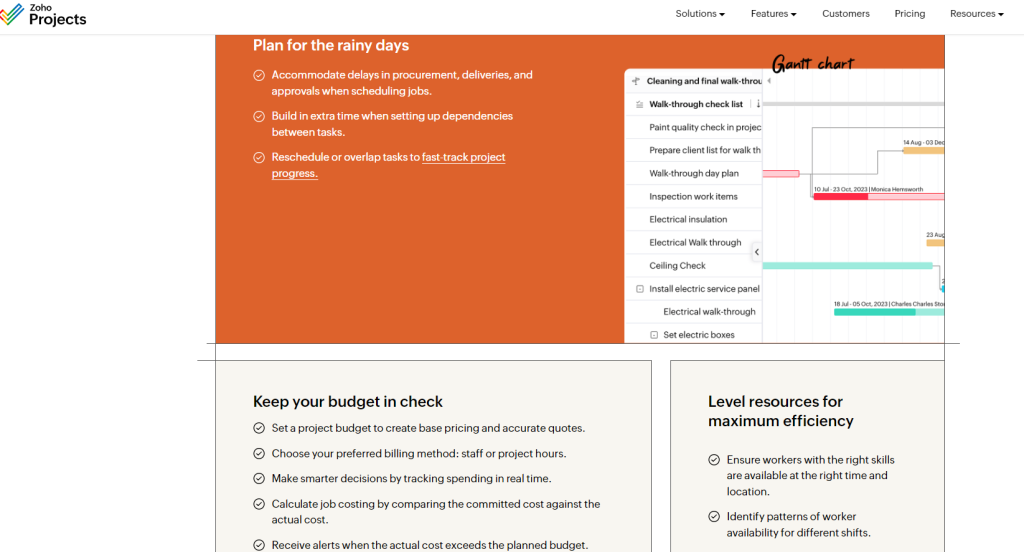
Key Features:
- Multichannel communication
- Automation and workflow management
- Customizable features and reports
Rating: 4.2/5
Pros:
- Cost-effective solution for small to mid-sized businesses
- Robust third-party integrations
- Wide variety of CRM tools for sales and marketing
Cons:
- Interface may not be as sleek as some competitors
- Some features are behind higher-tier plans
- Learning curve required for full utilization of the software’s capabilities
Pricing: Starts at $14/user/month billed annually
Zoho CRM is a comprehensive solution that excels in business automation and process management. It offers automation, omnichannel communication, and customization options, catering to businesses of all sizes.
Zoho CRM’s flexibility and scalability make it ideal for construction companies looking to automate their sales processes, improve client communication, and manage projects efficiently.
Its extensive suite of integrations and applications supports a wide range of business functions, from sales and marketing to finance and project management, providing a unified platform for managing all aspects of a construction business.
Verdict: Zoho CRM is compelling for construction businesses seeking a versatile platform with an emphasis on automation and affordability.
11. Salesforce
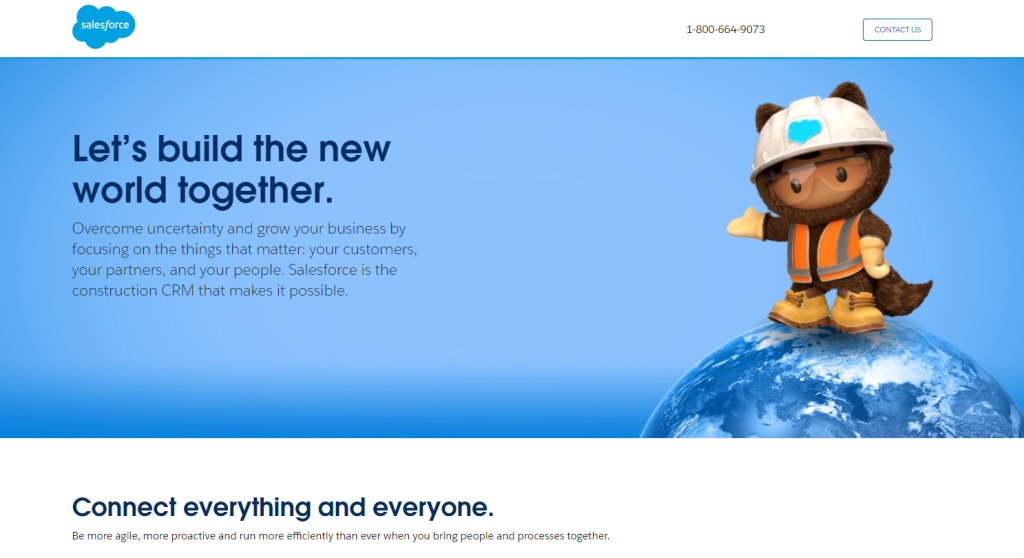
Key Features:
- Extensive customization options
- Wide ecosystem of apps and integrations
- In-depth analytics and forecasting
Rating: 4.5/5
Pros:
- Fits a variety of business sizes and industries
- Strong capability for scaling as businesses grow
- Effective for managing relationships with clients and partners
Cons:
- Pricing is on the higher side, especially for complete functionality
- May require a consultant for optimal setup and customization
- Some users report a steep learning curve
Pricing: Essential plan starts at $25/user/month billed annually
Salesforce is a leader in customizable CRM solutions, offering a comprehensive suite of features that cater to various industries, including construction. Its customizability, integration capabilities, and extensive ecosystem of apps allow construction businesses to tailor the platform to their specific needs.
Salesforce excels in managing customer relationships, sales processes, and business operations, providing tools for marketing automation, customer service, and analytics.
Its cloud-based platform ensures accessibility and scalability, making it suitable for construction businesses of all sizes looking to leverage CRM for growth and efficiency.
Verdict: Salesforce stands out for its ability to handle a wealth of customer data and provide extensive customization, making it a top choice for businesses prioritizing scalability and comprehensive CRM functionality.
FAQs
Are there any highly-rated free CRM solutions tailored to construction companies?
While the market offers several general free CRM solutions, finding one tailored specifically to construction is more challenging. Typically, specialized construction CRM systems are premium, reflecting the additional value they provide through industry-specific features and tools.
How does CRM for construction integrate with other construction management tools?
Most CRMs designed for construction have robust integration capabilities, often connecting seamlessly with project management software, financial systems, and other tools used within the industry. This integration is crucial for centralizing data and streamlining processes across all aspects of construction management.
Can CRM systems be customized for niche construction sectors, such as painting or home improvement?
Yes, many CRM systems offer a high degree of customization, allowing businesses in niche construction sectors to tailor the platform to their specific needs. This can include custom workflows, field adjustments, and dedicated modules that address unique aspects of their operations.



